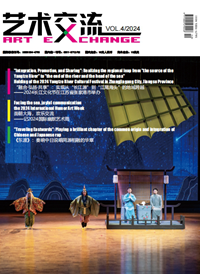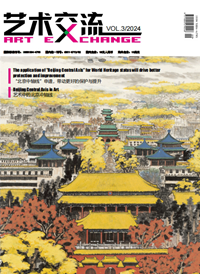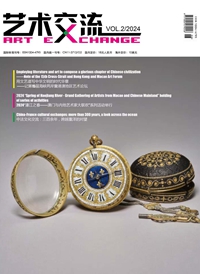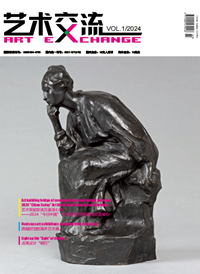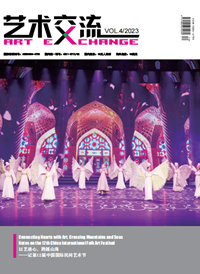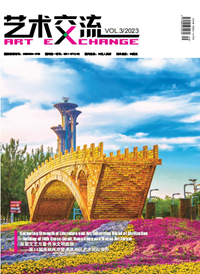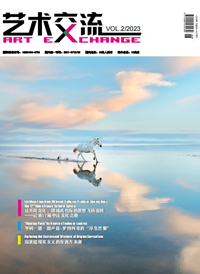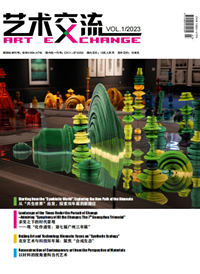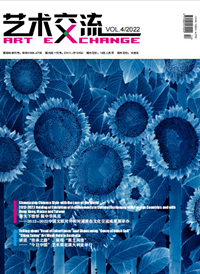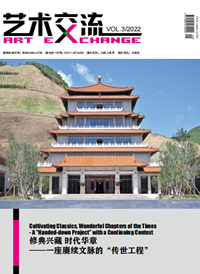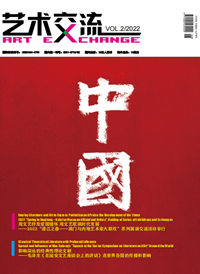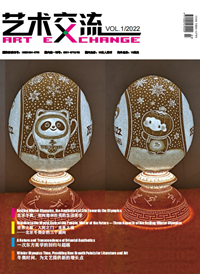Yang Kaijin was born in a peasant family in Mochi village, Zhushan County in Hubei province. The hard conditions cultivated his perseverance and hardworking spirit. He pins his determination of studying calligraphy and deep affection to hometown on “Mochizhai”, his study’s name, and many of his calligraphy works are also inspired by it. His calligraphy art has benefited a lot from his experience of growing up and calligraphy has changed his life. Yang was respected by comrades and appreciated by leaders on account of his good character and good writing. In the 14 years in the army, he grew from an amanuensis to a cadre, and later transferred to military organs. During this period, so many documents were written by his standard italics and imitation Song-Dynastystyle typeface. He studied in practice, made his hard-pen calligraphy improve in ordinary daily life, and combined practicality with artistry so that a unique artistic style was gradually formed.
At the same time, Yang Kaijin was steeped in brush calligraphy. In recent years, once his works met with the audience, they would get high praise and favorable review from experts and audiences. His scripts are elegant, handsome, full of springiness and cohesiveness, making people feel clear and pleased. The style of writing is well-organized and cooperated; word and word, line and line, are coordinated to each other. From the perspective of “the style is the man”, his calligraphic art style is from his personality and cultivation. While with the point view of calligraphy, writing brush calligraphy as a hard-pen calligrapher Yang kaijin is a successful typical example. Admittedly hardpen calligraphy and brush calligraphy have their own flesh and bone, but from the perspective of unity of opposites, the two forms may connect and complement to each other. Chinese calligraphy should be fully reflected in both of the two aspects.










